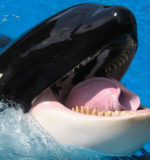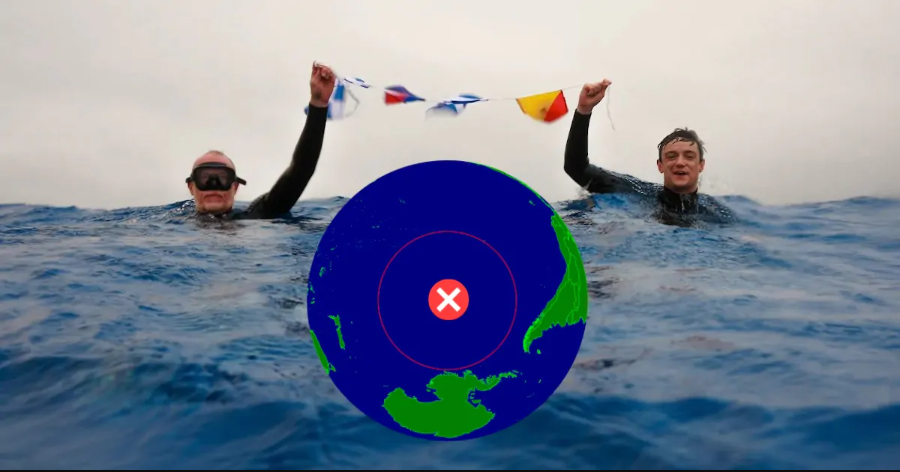Cetaceans like dolphins and whales will no longer be kept in Canadian aquariums after the government passed a bill that prohibits their captivity. The bill, S-203, was first proposed in 2015, and it was finally passed after three years of intense legislative battles. With the bill in effect, Canada has taken another step towards becoming more environmentally responsible.

The most uplifting thing about the bill is that there was support across the political parties. This means that environmental issues are not subject to party politics, and everyone is determined to take better care of our environment. Environmental issues shouldn’t be subject to party politics because, in the end, we all live on the same planet.

Bill S-203 bans the breeding of dolphins and whales in captivity, and it amends the current criminal code to include this as a crime. This means that Canadian marine parks like Marineland can still keep any cetaceans currently under their care, but they cannot breed a new generation or capture more in the wild. The bill also prohibits the importing of cetacean sperm, tissues, or embryos. The goal is to slowly phase out the practice of keeping dolphins and whales in captivity, and the government wants to discourage any further practices of the sort.
Activists are still lobbying for the transfer of the remaining 55 cetaceans in Marineland to an open-water sanctuary. Especially after the release of shocking documentaries like Black Fish, people are becoming more conscious of how their activities affect the environment. Lobbying for changes on the government level is one of the key tools for changing the way we do things because individual activism can only go so far. With a law in place, more people will be inclined to follow suit.

Canada has also passed Bill S-238, which bans the import of sharks’ fins. The country’s political parties may disagree on many things, but it is amazing to know that they all agree on enacting legislation that will protect the environment. Cetaceans can continue to swim happily knowing that they will no longer end up in a Canadian aquarium for the viewing pleasure of humans.







 Photographer Finds Locations Of 1960s Postcards To See How They Look Today, And The Difference Is Unbelievable
Photographer Finds Locations Of 1960s Postcards To See How They Look Today, And The Difference Is Unbelievable  Hij zet 3 IKEA kastjes tegen elkaar aan en maakt dit voor zijn vrouw…Wat een gaaf resultaat!!
Hij zet 3 IKEA kastjes tegen elkaar aan en maakt dit voor zijn vrouw…Wat een gaaf resultaat!!  Scientists Discover 512-Year-Old Shark, Which Would Be The Oldest Living Vertebrate On The Planet
Scientists Discover 512-Year-Old Shark, Which Would Be The Oldest Living Vertebrate On The Planet  Hus til salg er kun 22 kvadratmeter – men vent til du ser det indvendigt
Hus til salg er kun 22 kvadratmeter – men vent til du ser det indvendigt  Nearly Frozen Waves Captured On Camera By Nantucket Photographer
Nearly Frozen Waves Captured On Camera By Nantucket Photographer  Superknepet – så blir snuskiga ugnsformen som ny igen!
Superknepet – så blir snuskiga ugnsformen som ny igen!  It’s Official: Astronomers Have Discovered another Earth
It’s Official: Astronomers Have Discovered another Earth  Meteorite That Recently Fell in Somalia Turns Out to Contain Two Minerals Never Before Seen on Earth
Meteorite That Recently Fell in Somalia Turns Out to Contain Two Minerals Never Before Seen on Earth 
hc5zc5
uo82wv
mxss02
vu0c3j